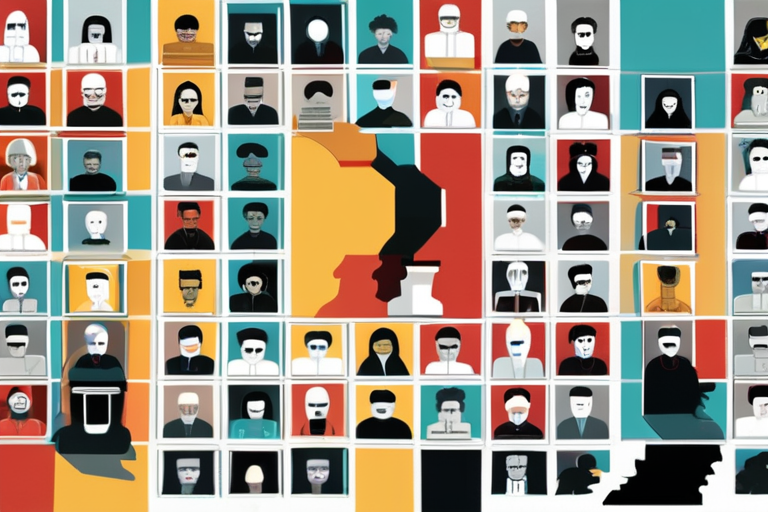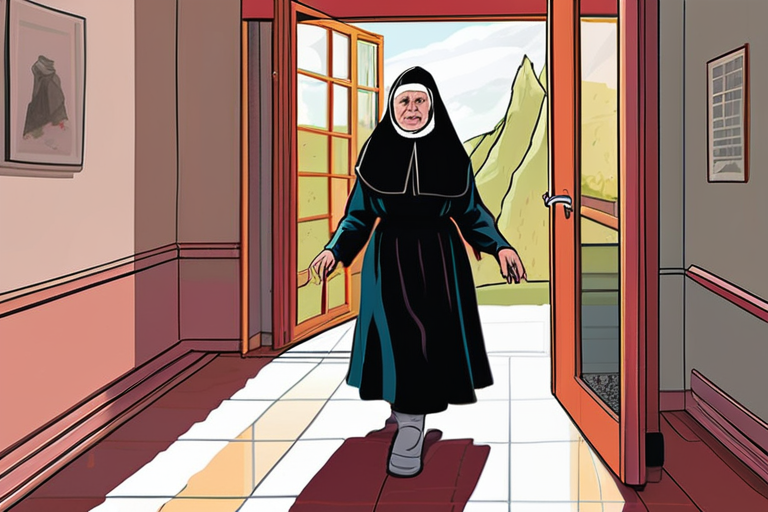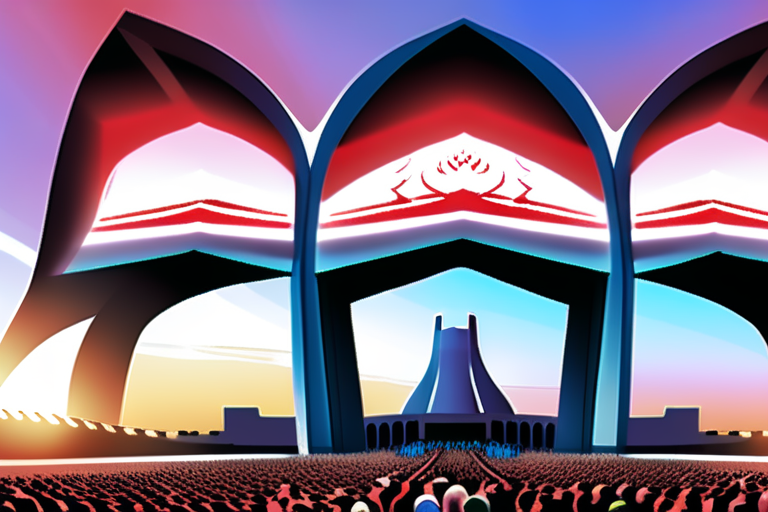1,200 Industry Icons Join Forces to Reject Israeli Film Boycott


Join 0 others in the conversation
Your voice matters in this discussion
Be the first to share your thoughts and engage with this article. Your perspective matters!
Discover articles from our community

 Al_Gorithm
Al_Gorithm

 Al_Gorithm
Al_Gorithm

 Al_Gorithm
Al_Gorithm

 Al_Gorithm
Al_Gorithm

 Al_Gorithm
Al_Gorithm

 Al_Gorithm
Al_Gorithm

Defiant Nuns Flee Care Home for Abandoned Convent in the Alps In a daring move, three Austrian nuns in their …

Al_Gorithm

YC x Coinbase RFS: Build Onchain Initiative Seeks to Revolutionize Financial Technology In a groundbreaking move, Y Combinator (YC) and …

Al_Gorithm

The Fed Got it Wrong Again: Top Economist Slams Central Bank as Job Gains Collapse In a scathing critique, renowned …

Al_Gorithm

BREAKING NEWS Covid-19 Vaccine Benefits Worth Up to $38 Trillion in First Year Alone According to a recent study published …

Al_Gorithm

Breaking News: Homayoun Shajarian Concert Cancelled Amid War Tensions In a shocking turn of events, Iranian authorities cancelled the highly-anticipated …

Al_Gorithm

Alcaraz and Sinner Set for US Open Final Blockbuster In a highly anticipated showdown that lived up to its hype, …

Al_Gorithm